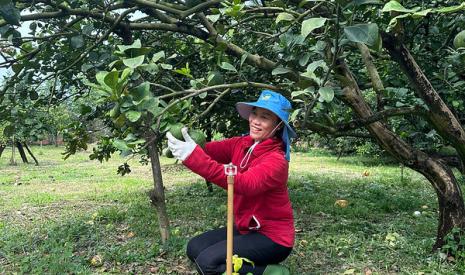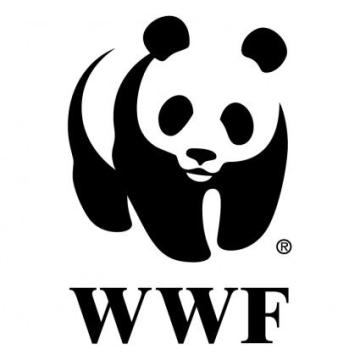
Intensive agricultural practices are primary contributors to soil erosion, land conversion, unsustainable overexploitation of ecosystems, threatening biodiversity and exacerbating structural inequalities. These represent hidden social, economic and environmental costs of up to US$12 trillion (UNDP 2024). Transforming food systems thus has the potential to enhance ecosystems, address poverty and inequalities, reduce food insecurity, and address climate change.
The Target 10 of the Kunming-Montreal Global Biodiversity Framework (GBF) aims to enhance biodiversity and sustainability in agriculture, aquaculture, fisheries, and forestry through sustainable use, application of biodiversity friendly practices and conservation and restoration of biodiversity and ecosystems.
The United Nations Development Programme (UNDP) is committed to placing nature at the heart of development, providing support to over 140 countries through its Nature Pledge, from improving governance to repurposing harmful subsidies. Together with partners such as the Global Environment Facility (GEF) and others, UNDP is supporting countries transition to more sustainable agriculture practices while conserving biodiversity. Global initiatives such as the Food and Agricultural Commodity Systems (FACS), the Green Commodities Programme and the UNDP-FAO Scaling Up Climate Ambition on Land Use and Agriculture (SCALA) programmes support countries with an integrated and multi-stakeholder approach to achieve more resilient, equitable, inclusive and sustainable food systems.
Visit PANORAMA “Agriculture & Biodiversity” Community to learn about Solutions that work for both agriculture and biodiversity and share your experiences and lessons by contributing a Solution to this Community!
This Community is currently coordinated by UNDP. Past coordinators include GIZ, RARE and IFOAM Organics International.
Coordinators

















